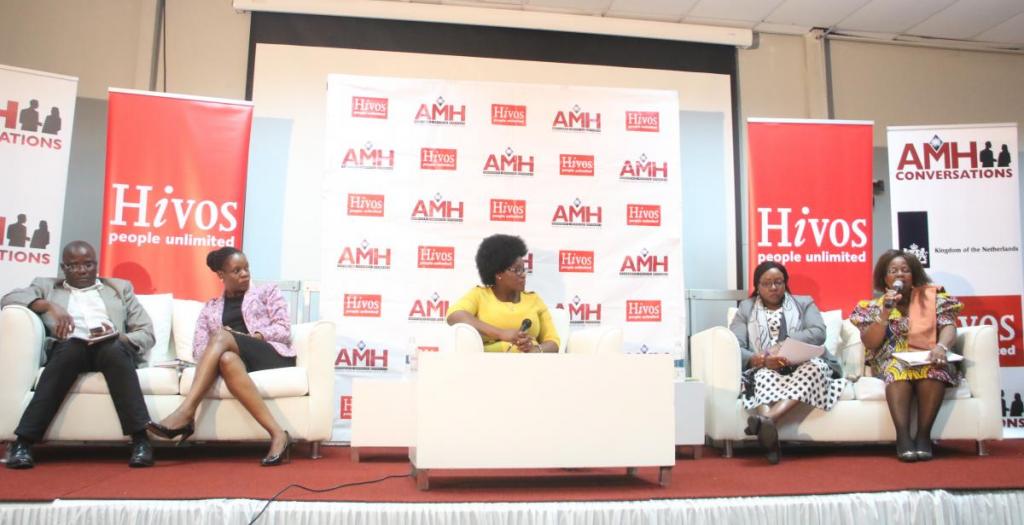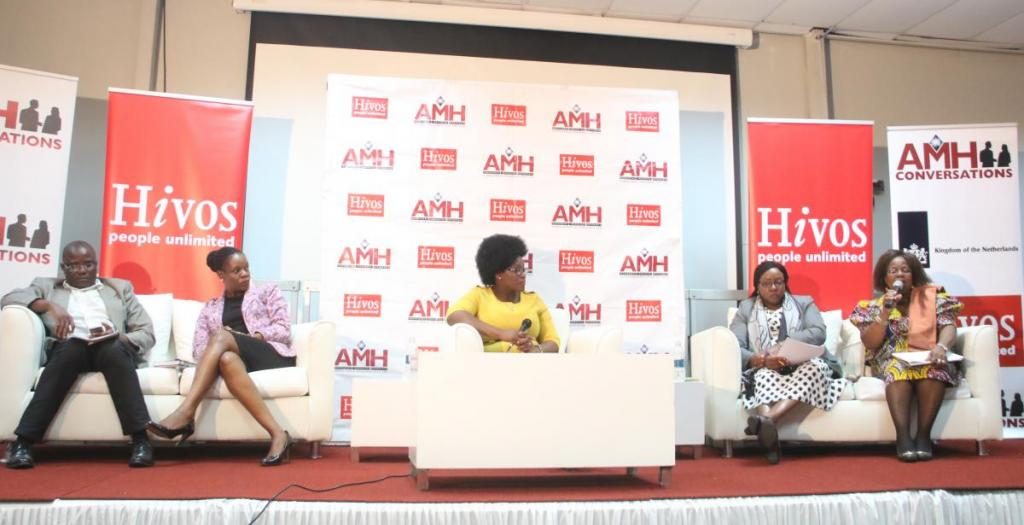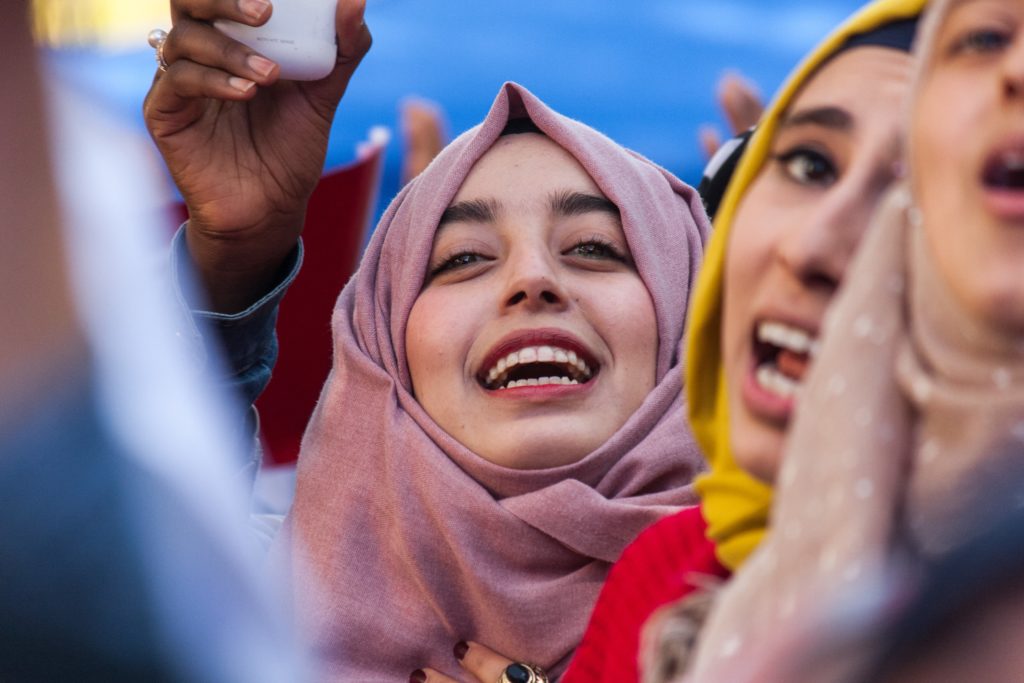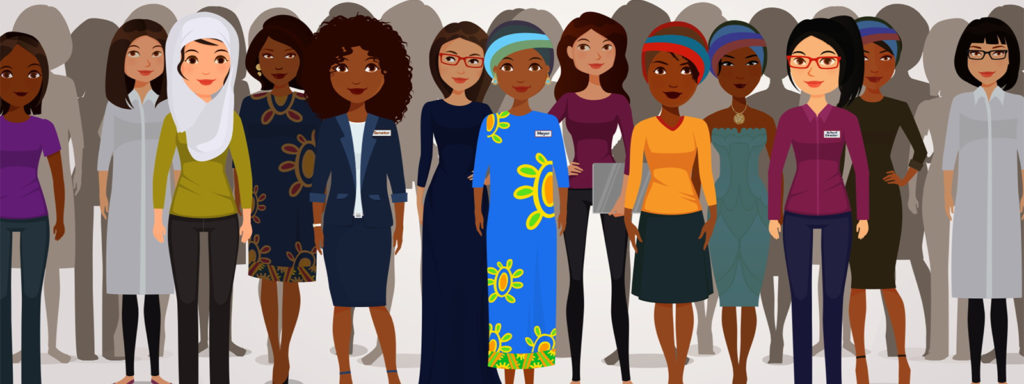Women in Zimbabwe Face Barriers to Equal Participation in Politics
Even though progress has been made in increasing the participation of women in politics in Zimbabwe, women’s participation in government at all levels, from the local to the national, remains extremely low.
Increasing women’s representation in the government will not only empower women, but is necessary to achieve gender parity. Women’s political empowerment and equal access to leadership positions at all levels are also fundamental to achieving the Sustainable Development Goals (SDGs) and a more equitable world. With limited growth in women’s representation, advancement of gender equality and the success of the SDGs are jeopardized.
Greater women’s representation in politics contributes toa more equitable distribution of community resources, including more gender-sensitive spending on programmes related to health, nutrition, and education.
A dialogue session organized by Alpha Media Holdings, “Women’sparticipation in Elections,” highlighted that women lack interest in politics because of the violent nature of Zimbabwe’s political system.
Keynote speaker, Reyhana Masters, project manager at the Research and Advocacy Unit (RAU) said that violence is major reason for middle class women to shun participation in elections.
“Violence is a major push away for middle class women; the political environment is not currently conducive for people entering space. Women are also objectified and seen as sex objects, their contributions are not viewed in any manner other than that and this has forced many of them to stay away,” she said.
Gender inequality within families, inequitable division of labour within households, and cultural attitudes about gender roles further subjugate women and serve to limit their representation in public life.
A culture of patriarchy in Zimbabwe, especially within local power structures, make it often next to impossible for women to compete for political power. The women who do run for public office typically attract inappropriate attention and are seen as being loose and immoral. Their private lives are put under the spotlight.
Female politicians also face gender stigma from male colleagues and are often appointed to peripheral, token positions. Zimbabwe currently has no framework for political parties to adhere to gender equality.
The electorate’s perception of women in politics is likewise distorted: most people see women as belonging to the private sphere, i.e., in the home rearing children and doing household chores. Women are seen as inferior to men, not as smart or as powerful.
Capacity gaps mean women are less likely than men to have the education, preparation, contacts and resources needed to become effective leaders. Finally, unlike their male counterparts, female political candidates face specific barriers that may deter them from running for elected office, including sex stereotyping, political socialization, and balancing work and family.
To remedy this situation, Hivos Southern Africa is currently implementing the Women Empowered for Leadership (WE4L) in Zimbabwe aimed at supporting women’s participation in politics and public administration and within civil society. The five year programme aims for women to have equal opportunities and the capacity to fully participate in political and societal decision-making processes.
Alpha Media Holdings is a leading independent newspaper publisher in Zimbabwe that has been receiving support from Hivos Southern Africa to conduct dialogues on critical issues facing Zimbabwe. Funding for the conversations is provided by the Embassy of Kingdom of Netherlands (EKN) under the Human Rights Fund (HRF). The goal of the HRF is to improve the protection and promotion of human rights in Zimbabwe in a sustainable way through support to civil society organizations.








